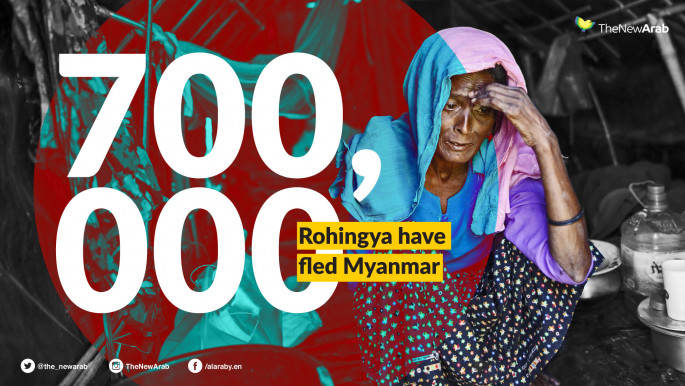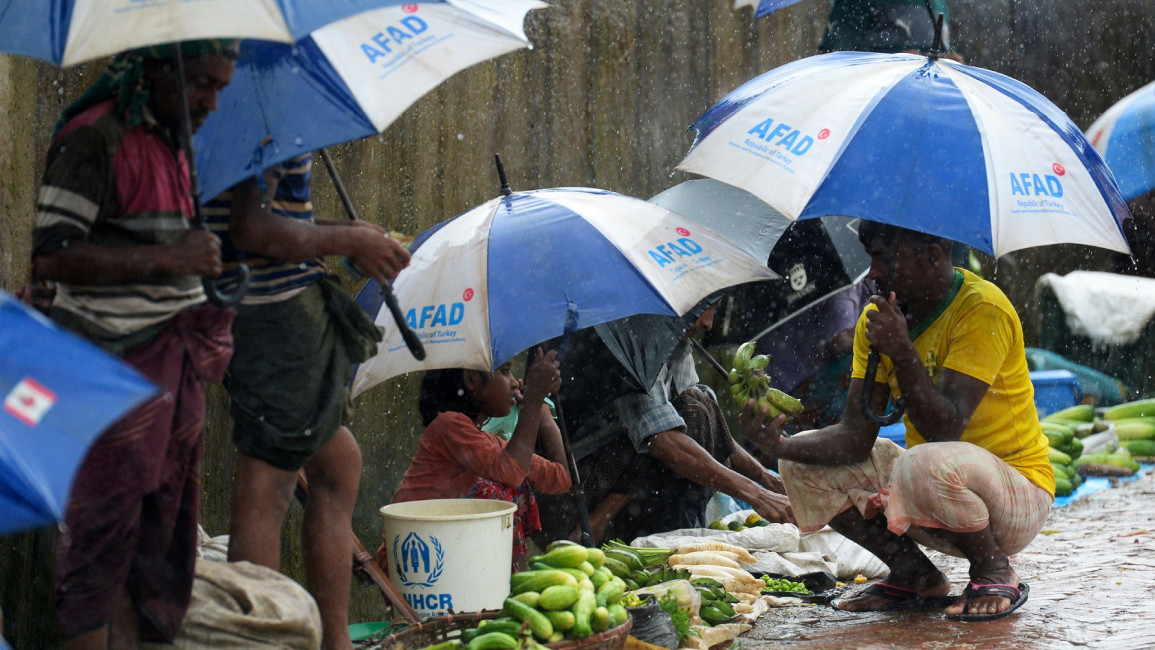Shamed Myanmar leader claims 'no proof of genocide' in Rohingya
Myanmar's civilian leader Aung San Suu Kyi told the United Nation's top court on Wednesday there was no proof of "genocidal intent" behind her country's military campaign against Rohingya Muslims.
Suu Kyi said "it cannot be ruled out that disproportionate force was used by the military" but insisted that "surely under the circumstances genocidal intent cannot be the only hypothesis".
She made her controversial remarks at the UN's International Court of Justice (ICJ) in the Hague to defend Myanmar over accusations of genocide against its minority Muslim Rohingya population.
The case, which has been brought to the ICJ by the Gambia, comes after thousands of Rohingya were killed and some 700,000 fled to neighbouring Bangladesh during a brutal military crackdown in the Buddhist-majority country in 2017.
Myanmar's state leader has gone from being internationally recognised as an arbiter of peace with her Nobel Peace Prize Award in 1991 and subsequent 15 years under house arrest, to denying that ethnic violence occurred against the Rohingya minority.
Rohingya crackdown
In August 2017, Myanmar security forces swept through hundreds of Rohingya villages in the Rakhine state, killing, raping and taking them to detention sites to be tortured.
Some one million Rohingya Muslims resided in Myanmar at the time, and as a minority were consistently denied citizenship.
Soldiers burned homes, shops and mosques, and such brutality culminated in the mass exodus of over 700,000 people fleeing across the border to Bangladesh.
Myanmar's actions have been condemned by human rights organisations including Amnesty International, who called it "ethnic cleansing and crimes against humanity".
Gambia, a majority-Muslim state in West Africa brought the case to the ICJ, where it alleges that Myanmar breached the 1948 genocide convention which was put in place following the Holocaust.
The Gambia argues that "from around October 2016 the Myanmar military [the ‘Tatmadaw’] and other Myanmar security forces began widespread and systematic 'clearance operations' – the term that Myanmar itself uses - against the Rohingya group".
It added that "genocidal acts" were committed to "destroy the Rohingya as a group" through the use of "mass murder, rape and other forms of sexual violence, as well as the systematic destruction by fire of their villages".
It went on to conclude that such "genocidal acts" continued from August 2017 onwards on a "more massive and wider geographical scale".
Agencies contributed to this report.
Follow us on Twitter and Instagram to stay connected



